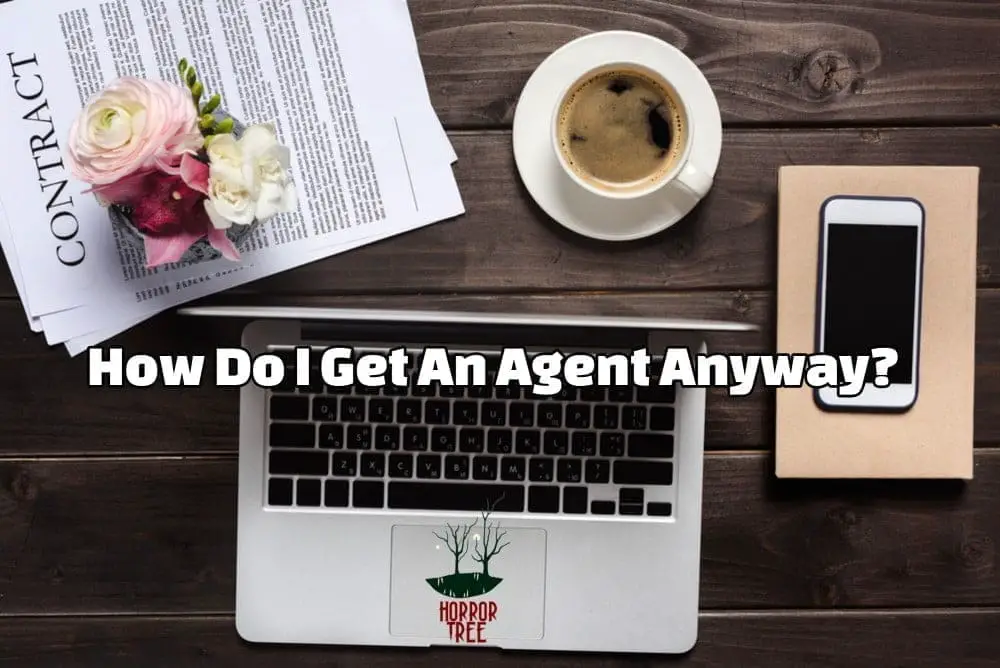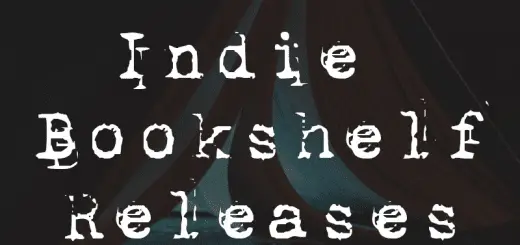How Do I Get An Agent Anyway? Part 3

How do I get an agent anyway?
Query Letters
If you have submitted a short story for publication, then you will be familiar with submissions policies. You will also likely know that submissions policies vary from publication to publication. I’m telling you this because this is very much the case with submitting your materials to agents and agencies.
There is no single standardized way of submitting materials to an agent or agency.
Some agents require just a query letter. Some agents ask for a query letter and first five pages. Other agents ask for a query letter and first 10 pages. There are some agents who ask for a query letter, first 50 pages and a synopsis. Other agencies will ask you to submit materials via their submission management system.
Overall, what I have never, ever seen is an agent ask you to send them your entire manuscript unsolicited.
So, pro-tip – never send anyone your full manuscript unless they specifically request it.
Another thing to note, is that writing contests are very different, and by writing contests I mean DVPit, PitMad, PitchWars, and PitDark. If an agent requests your materials via one of these contents, then follow the guidelines that agent outlined on Twitter. If you’re not sure what a writing contest is, or a Twitter pitch event see my previous post.
During your research of literary agents, be sure to note how the agent would like you to query them, what you should include, and what they want you to note as the subject line. Some agents just want to see the word “Query” in the subject line and others request more detail. Again, check their submissions guidelines because nothing will get you rejected quicker than ignoring the submissions guidelines.
What is a query letter?
Literary agent Barbara Poelle of Irene Goodman Literary said at The Loft Pitch Conference that a query letter should contain 3 essential items: The hook, the book, and the cook.
The hook = A sentence or two to hook your reader.
The book = What is the book about.
The cook = who you are, your bio. Your bio just needs to be a brief few lines.
A query letter provides the agent with information about you and your book. Things that you will include in your query letter include the book’s title, the genre, the word length, your bio, and of course the hook!
If you’re stressing about the hook and the book details think of this simply as the description of your book. If you’re thinking of the description on the back of a book or the quick overview on Amazon or Goodreads, then you’re exactly right. Here is the overview of IT by Stephen King on Amazon.
Welcome to Derry, Maine. It’s a small city, a place as hauntingly familiar as your own hometown. Only in Derry the haunting is real.
They were seven teenagers when they first stumbled upon the horror. Now they are grown-up men and women who have gone out into the big world to gain success and happiness. But the promise they made twenty-eight years ago calls them reunite in the same place where, as teenagers, they battled an evil creature that preyed on the city’s children. Now, children are being murdered again and their repressed memories of that terrifying summer return as they prepare to once again battle the monster lurking in Derry’s sewers.
Here is a great formula for crafting your query letter from Pitch Wars
Dear [AGENT]
Hook
Book
Bio
Closing
Your Name
Examples of good query letters
Writers Digest publishes a series of successful query letters that you can find here. These are queries that landed the author an agent.
Where to find query help
If you are brave, and are up to having your query dissected (and I suggest you do), submit your query to the Query Shark. The Query Shark is Janet Reid, a professional and successful literary agent with New Leaf Literary Agency.
If you are not brave enough to submit your query then read through her suggestions, tips, and critiques of other queries. Her website is a great resource.
What not to do
If you want to know what NOT to do when writing a query letter go here.
What is a synopsis
Not all agents and agencies request a synopsis, but some do. A synopsis is essentially a brief outline of your novel. Some agencies request a one-page synopsis and others request a detailed synopsis. For a brief overview on what a synopsis is go here.
How to format your manuscript (if your manuscript or pages were requested)
- Double space
- Use a plain font like Times New Roman, 12pt font.
- Use the standard margins. If you started typing in Word and tabbing naturally then you don’t have anything to worry about.
- Name your document the title of your manuscript and perhaps your last time or full name. I typically name my manuscripts as follows NAME OF STORY by Cynthia Pelayo.
- Include page numbers please.
Some words on email etiquette
I started off a lot of queries with “Hi [INSERT AGENT NAME]” and I personally regret that I did that. I feel like it was just too informal. I wish I would have started with something more formal such as Dear [INSERT AGENT NAME].
Don’t copy every single agent that you’re querying on 1 single email. It’s rude, and inconsiderate and shows you did not do your research. You would not do this when seeking employment so don’t do this for seeking an agent. Each email should be customized to that agent.
Also, querying an agent is a lot like sending out resumes for a job. They are going to be interviewing you, and you will be interviewing them if they offer you representation.
Be respectful in follow up communications with the literary agent. This is a professional interaction, and until you are formally offered representation you are being interviewed in a sense.
I hope some of this information helps! So, get to writing your query letters! Like with your manuscript, I recommend you write and revise these query letters a few times. Share them with your beta readers and make sure they showcase you and your novel effectively.
- About the Author
- Latest Posts
Cynthia “Cina” Pelayo is the author of LOTERIA, SANTA MUERTE, THE MISSING, and POEMS OF MY NIGHT, all of which have been nominated for International Latino Book Awards. POEMS OF MY NIGHT was also nominated for an Elgin Award. Her recent collection of poetry, INTO THE FOREST AND ALL THE WAY THROUGH explores true crime, that of the epidemic of missing and murdered women in the United States. Her modern day horror retelling of the Pied Piper fairy tale, CHILDREN OF CHICAGO was released by Agora Books in 2021. She holds a Bachelor of Arts in Journalism, a Master of Science in Marketing, a Master of Fine Arts in Writing, and is a Doctoral Candidate in Business Psychology. Cina was raised in inner city Chicago, where she lives with her husband and children. Find her online at www.cinapelayo.com and on Twitter @cinapelayo.












